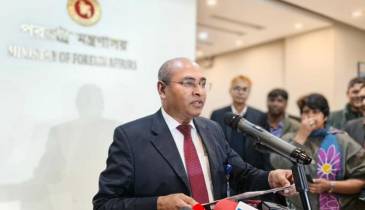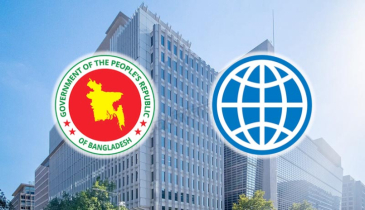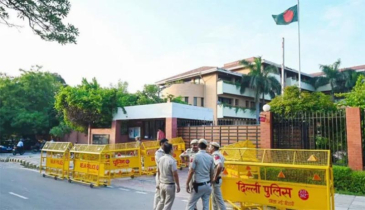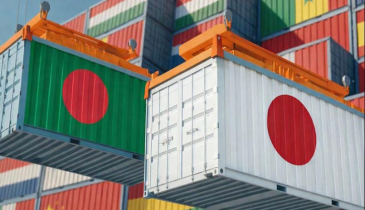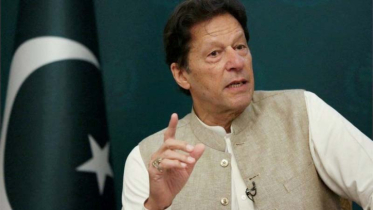Tensions between Pakistan-Afghanistan escalate amid border clashes
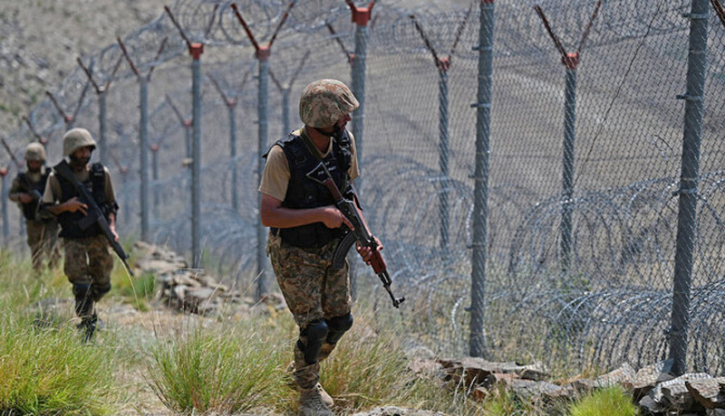
When the Afghan Taliban seized control of Kabul in 2021, Pakistan appeared optimistic about the new regime, with the then-head of Pakistan’s intelligence agency making an early visit and reassuring reporters that 'everything will be okay.' However, less than three and a half years later, relations between the two nations have soured significantly.
In the most serious escalation to date, Pakistani airstrikes in late December reportedly killed 46 people in eastern Afghanistan, according to Afghan authorities. While Pakistan claimed the strikes targeted militants from the Pakistani Taliban, Afghanistan stated that women and children were among the casualties.
These developments underscore rising tensions fueled by Islamabad’s frustration over increasing attacks on Pakistani soil, which it attributes to the Pakistani Taliban. Islamabad alleges that the group operates with the support or shelter of the Afghan Taliban government.
The situation has remained volatile, with cross-border incidents reported late last month and fresh clashes along the shared border emerging as recently as Friday. Pakistani Prime Minister Shehbaz Sharif emphasized the need for unity, reportedly telling officials on Friday, 'This is the time to act together for the future of Pakistan.'
Historically, Pakistan faced accusations of harboring or tolerating Afghan Taliban leaders during Afghanistan’s 20-year insurgency. Now, however, Pakistan finds itself facing a similar predicament.
The Afghan Taliban’s victory in 2021 emboldened the Pakistani Taliban, inspiring them to adopt similar strategies. Additionally, the fall of Kabul resulted in an influx of modern weaponry into Pakistan’s black markets, including firearms and night-vision goggles, providing militants with a significant tactical advantage over local security forces, according to Pakistani officials.
A report by the Pakistan Institute for Peace Studies, released last week, highlighted a sharp rise in the frequency and severity of terrorist attacks in Pakistan since the Afghan Taliban's ascent to power. It noted that the level of violence in 2023 reached heights not seen in a decade.
Between 2007 and 2015, the Pakistani Taliban gained international notoriety for their violent activities, including the attempted assassination of women’s rights activist Malala Yousafzai, their oppressive control of tribal regions, and a series of deadly attacks. Among these was the tragic 2014 school massacre that claimed the lives of 132 children, leaving a lasting mark on the nation's history.
As border tensions continue to escalate, both countries face growing challenges in addressing the security and political fallout of these renewed hostilities.
.png)


